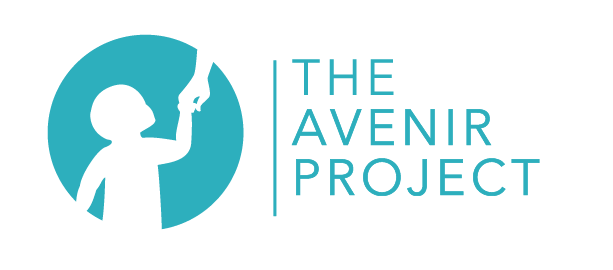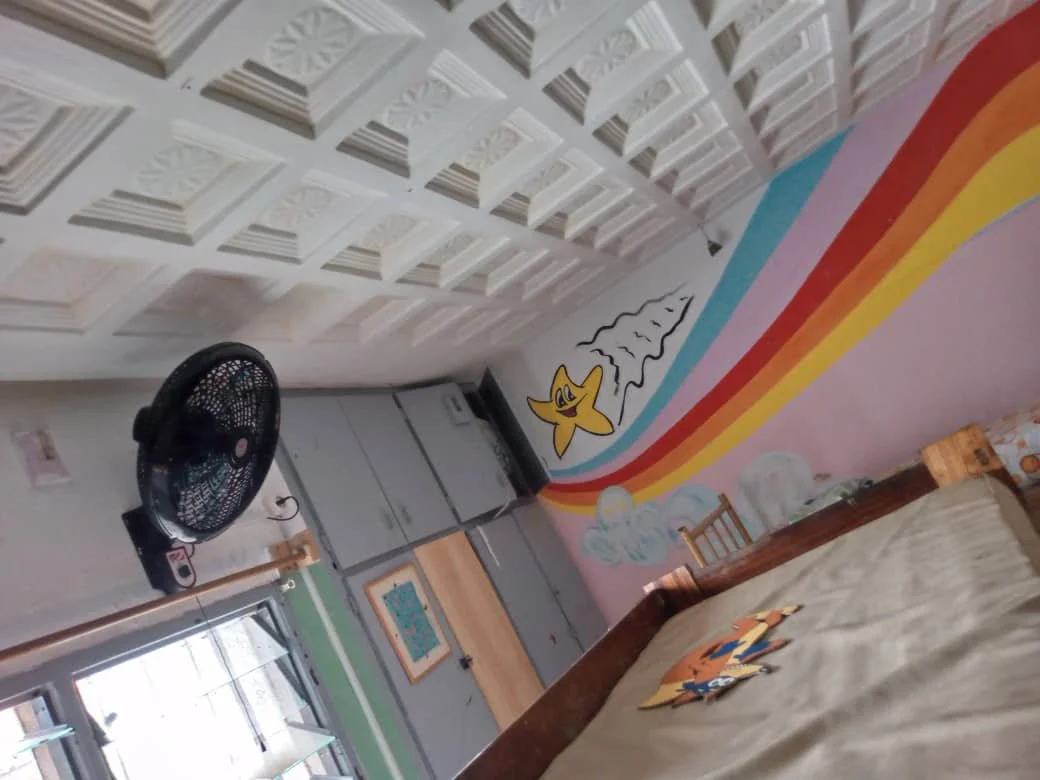New Fans to Combat Mosquitoes in Ivorian Partner Orphanage
The photo is framed a little wonky, but it gives you the right idea of what our Avenir Project family recently made happen at our partner orphanage in the Ivory coast—EMSF’s Le Prince Orphanage. Let’s blow those mosquitoes away!
Sometimes it’s the little things. Like NOT getting eaten alive by mosquitoes.
But in the rainy season in Ivory Coast, this is a pretty big thing.
After torrential rainstorms and mellow rain showers day after day, the mosquitoes were multiplying more than the children and staff at our partner orphanage—EMSF’s Le Prince Orphanage—could stand. It’s aggravating to constantly get bit by mosquitoes. It’s nerve-racking to know each mosquito might carry malaria.
They were concerned not only about the kids’ comfort, but also about their well-being.
The World Health Organization reports that more than 219 million people are infected with malaria every year, and more than 400,000 people die from malaria every year (1). And although treatment is accessible and not too expensive, it’s still too expensive in areas where poverty is rampant, and it’s especially expensive when you’re caring for ~40 children who are all at risk of catching it.
One way they combat mosquitoes at our partner orphanage is with fans. When set up by a couch or beds, the wind of the fans blow the mosquitoes away from the children. But they only had a few fans, and none that would help protect the children sleeping on top bunks. They needed more, and desperately.
Our Avenir Project family was able to help! They equipped the orphanage with 7 new fans, which are now mounted in the bedrooms and the two living rooms of the boys’ and girls’ villas.
Now the children are living and sleeping sounder and safer, which is a relief for the children and staff alike. The fewer children who fall ill with malaria, the fewer resources the staff need to pour into medical care, and the more resources they can invest in their orphanage’s sustainability.
NOTES
World Health Organization, “Vector-borne Diseases,” https://www.who.int/news-room/fact-sheets/detail/vector-borne-diseases.

